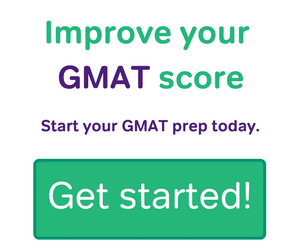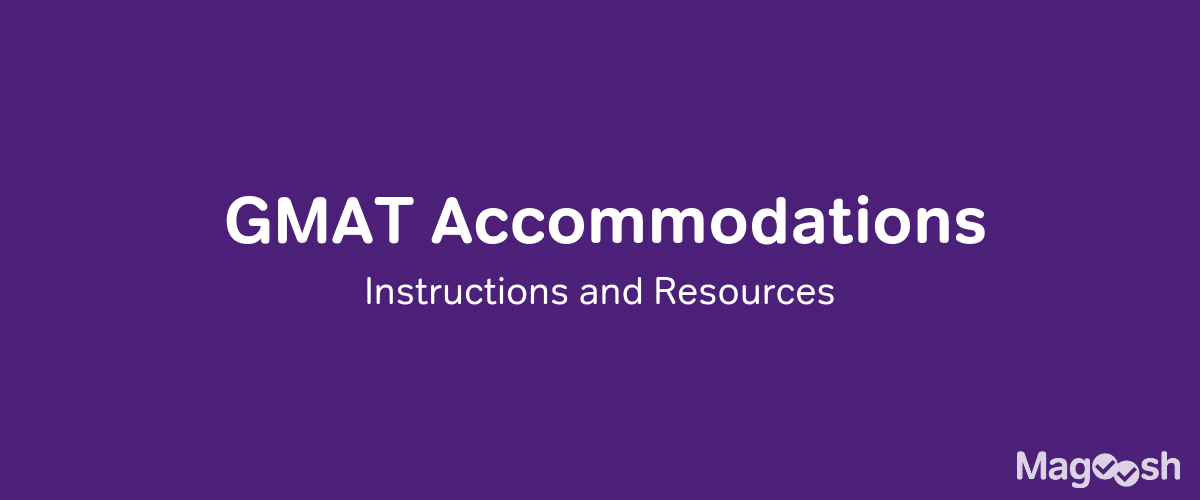Two of the more confusing tenses in English are the present perfect and the past perfect. What makes them so is both describe continuous actions. To illustrate, let’s take a look at the following sentences:
1.) Last night, I walked my dog.
2.) I have walked Bucky every night for the last two years.
In the first sentence, I am doing the action, ‘walk’, only once. In the second sentence, I am describing something that has taken place on a number of occasions in the past and continues on till today (meaning tonight I will most likely walk Bucky).
The first tense is the simple past (if you look at my description it is very simple). The perfect tenses, on the other hand, aren’t so simple. To show you what I mean, let’s compare the present and the past.
1) Before I moved to California, I had walked Bucky in the mornings, not at nights.
2) Since moving to California, I have walked Bucky every evening.
The first sentence is an example of the past perfect tense. Notice, like the present perfect, that we have the verb ‘have’ coupled with another verb (which we call the participle):
Present Perfect: Has/have + Participle
Past Perfect: Had + Participle (plus another verb in the Simple Past)
Why use one tense versus the other? Well, if you notice in the first sentence, I am talking about two events that happened in the past: my walking Bucky and my moving to California. Whenever you are dealing with two events in the past, one of which started or happened before the other, you must use the past perfect tense to describe the event that started first.
First Event: I walked Bucky in the morning = Past Perfect Construction
Second Event: I moved to California = Simple Past
Another way to think of the past perfect is with specific dates. Let’s say I moved to California in 1984. I walked Bucky every morning from 1981 to 1984. The sentence implies that once I moved to California I no longer walked Bucky in the morning. That is, an event that happened repeatedly in the past stopped when another event happened. That interrupting event uses the simple past.
Now let’s try a couple of practice questions:
1) The corporation suffered/had suffered from consecutive quarterly losses until it hired/had hired a new CEO.
2) Every Christmas, the CEO granted/has granted employees three days off to celebrate the holidays.
In the first sentence, the event that happened first is the corporation suffering. So we want the past perfect tense: had suffered. The more recent action, the hiring of a new CEO, should be in simple past: hired.
For the second sentence, the answer could go either way, depending on whether the Christmas parties are still going on. To illustrate: if the Christmas parties in the sentence took place in the 19th century, then I would use the simple past since they stopped and ended (and were not interrupted by another event in the past–which would call for the past perfect tense). If the Christmas parties still exist, we need the present perfect to imply that the parties began in the past and continue to this day (not on a daily basis of course!). So we need to use the present perfect tense: has granted.
Key Points
#1: Present Perfect: Has/Have + Participle = describes action/event that happened in the past and continues in the present.
#2: Past Perfect: Had + Participle = describes an action/event in the past that happened before another action in the past.
#3: Whenever we use the past perfect, we must also have another verb in the sentence that is in the simple past.
#4: Verb tenses can get very complicated and subtle. The GMAT, however, is not testing these nuances, just major differences, such as the difference between past perfect and present perfect. So if you see a GMAT question in which one answer choice contains the past perfect and one contains the past continuous tense, don’t get hung up on trying to figure out the differences–if they are even important. Almost always, there will be other “low-hanging” grammatical fruit that the GMAT wants you to spot.






Leave a Reply